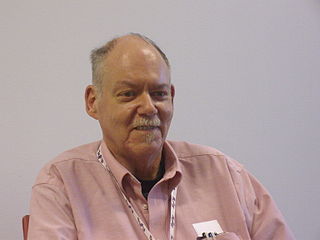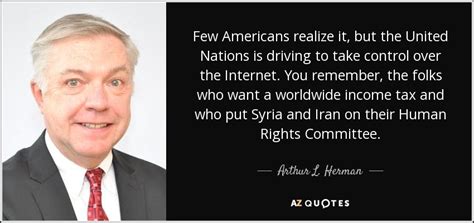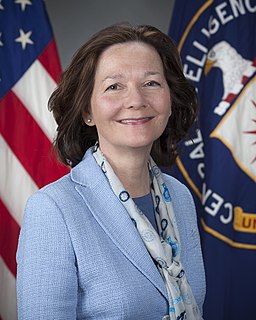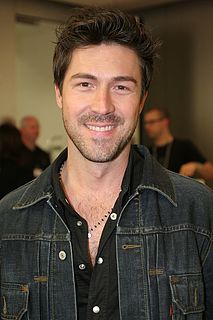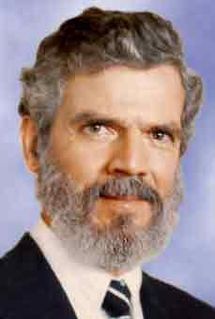A Quote by John Bradshaw
Evil is a source of moral intelligence in the sense that we need to learn from our shadow, from our dark side, in order to be good.
Related Quotes
Where there is light, there must be shadow, where there is shadow there must be light. There is no shadow without light and no light without shadow.... We do not know if the so-called Little People are good or evil. This is, in a sense, something that surpasses our understanding and our definitions. We have lived with them since long, long ago-- from a time before good and evil even existed, when people's minds were still benighted.
The realization of our soul has its moral and its spiritual side. The moral side represents training of unselfishness, control of desire; the spiritual side represents sympathy and love. They should be taken together and never separated. The cultivation of the merely moral side of our nature leads us to the dark region of narrowness and hardness of heart, to the intolerant arrogance of goodness; and the cultivation of the merely spiritual side of our nature leads us to a still darker region of revelry in intemperance of imagination.
Jung first gave us the term ‘shadow’ to refer to those parts of our personality that have been rejected out of fear, ignorance, shame, or lack of love. His basic notion of the shadow was simple: ‘the shadow is the person you would rather not be.’ He believed that integrating the shadow would have a profound impact, enabling us to rediscover a deeper source of our own spiritual life. ‘To do this,’ Jung said, ‘we are obliged to struggle with evil, confront the shadow, to integrate the devil. There is no other choice.’
It [the Civil War] was a heroic struggle; and, as is inevitable with all such struggles, it had also a dark and terrible side. Very much was done of good, and much also of evil; and, as was inevitable in such a period of revolution, often the same man did both good and evil. For our great good fortune as a nation, we, the people of the United States as a whole, can now afford to forget the evil, or, at least, to remember it without bitterness, and to fix our eyes with pride only on the good that was accomplished.
We all have within us a deep sense of what we need, and what is right and true for us. To access this we need to pay attention to our feelings and our intuition. We need to learn to listen deeply to ourselves and to trust what we hear. And we need to risk acting on what we feel to be true. Even if we make mistakes, we must do this in order to learn and grow.
We need strong Christians who can persevere against hardship, who can sustain hope through tragedy, who can lift others by their example and their compassion, and who can consistently overcome temptations. We need strong Christians who can make important things happen by their faith and who can defend the truth of Jesus Christ against moral relativism and militant atheism. What is the source of such moral and spiritual power, and how do we obtain it? The source is God. Our access to that power is through our covenants with Him.
When you say there's too much evil in this world you assume there's good. When you assume there's good, you assume there's such a thing as a moral law on the basis of which to differentiate between good and evil. But if you assume a moral law, you must posit a moral Law Giver, but that's Who you're trying to disprove and not prove. Because if there's no moral Law Giver, there's no moral law. If there's no moral law, there's no good. If there's no good, there's no evil. What is your question?
We also have to work, though, sort of the dark side, if you will. We've got to spend time in the shadows in the intelligence world. A lot of what needs to be done here will have to be done quietly, without any discussion, using sources and methods that are available to our intelligence agencies... That's the world these folks operate in, and so it's going to be vital for us to use any means at our disposal, basically, to achieve our objective.
The only answer to this, and it isn't an entire answer, said Father Travis, is that God made human beings free agents. We are able to choose good over evil, but the opposite too. And in order to protect our human freedom, God doesn't often, very often at least, intervene. God can't do that without taking away our moral freedom. Do you see? No. But yeah. The only thing that God can do, and does all of the time, is to draw good from any evil situation.
Our knowledge and our ability to handle our problems progress through the open conflict of ideas, through the tests of phenomenological adequacy, inner consistency, and practical-moral consequences. Reason may err, but it can be moral. If we must err, let it be on the side of our creativity, our freedom, our betterment.






